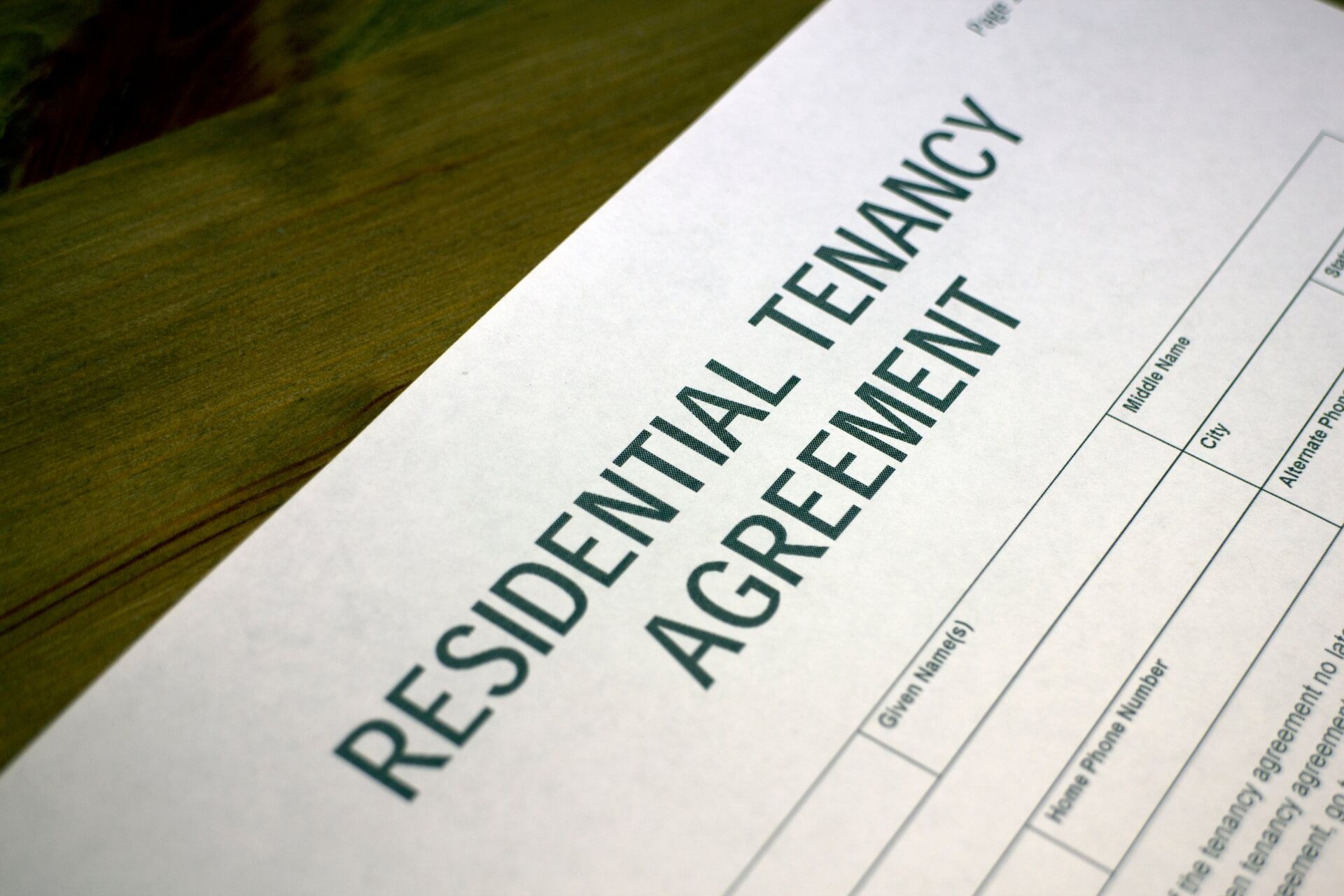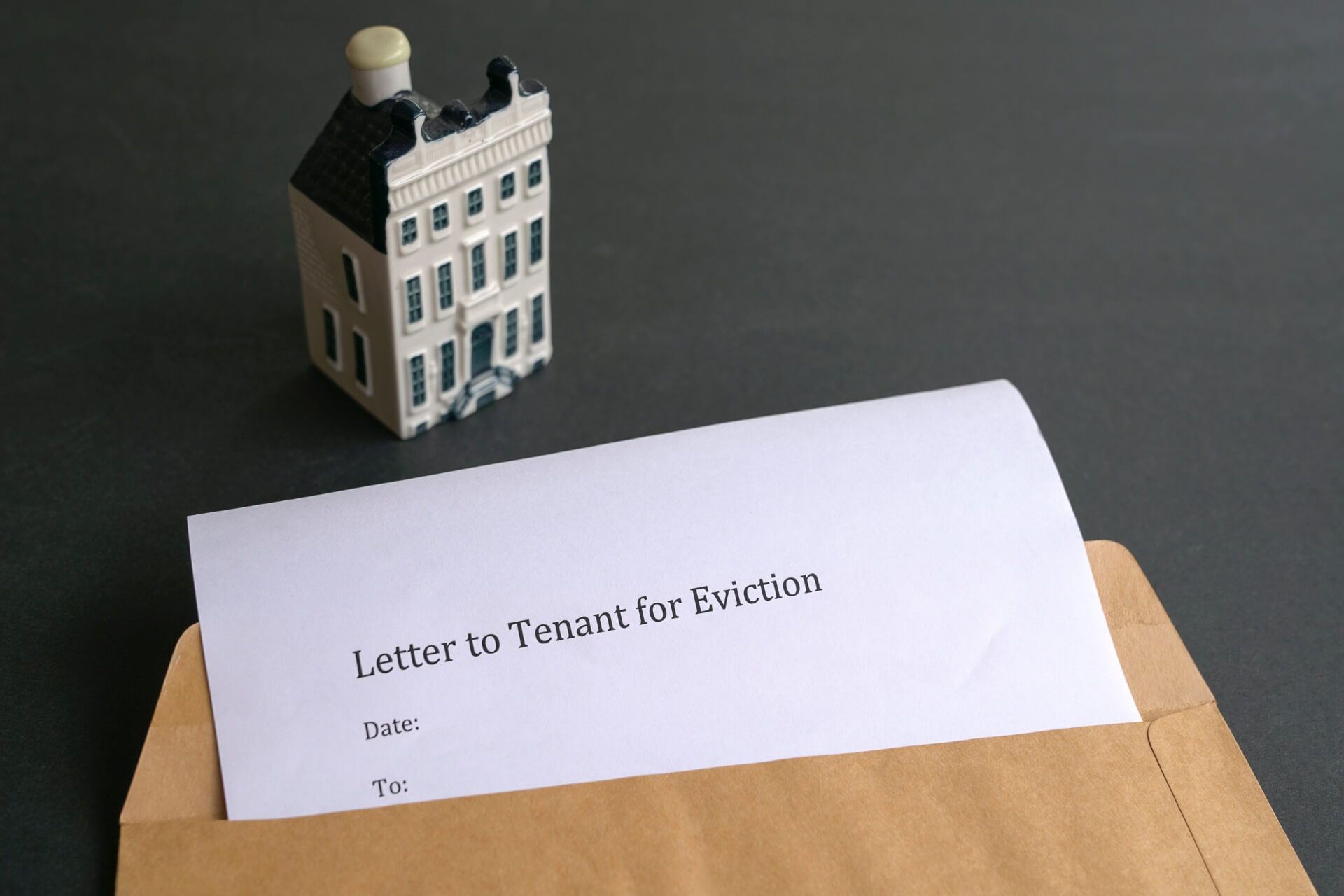If you need to stay past the expiration of your lease, it's important to communicate this with your landlord as soon as possible. You may be able to negotiate a new lease or an extension on your current lease. If you are unable to come to an agreement with your landlord, you may have to vacate the property by the end of the lease period.
A holdover tenant is a tenant who remains in possession of a rental property after the lease or tenancy has ended. If you are a holdover tenant, you may be subject to certain penalties, depending on the circumstances.
Here are some potential penalties of being a holdover tenant:
- Eviction: The landlord may file an eviction action to have you removed from the property. This can result in a court order requiring you to vacate the property.
- Damages: The landlord may seek damages for any losses or expenses incurred as a result of your holdover tenancy. For example, if the landlord is unable to rent the property to a new tenant because you are still in possession, they may seek damages for lost rent.
- Increased rent: The landlord may increase the rent to a market rate, which may be higher than the rate you were paying under the previous lease.
- Termination of tenancy: The landlord may terminate the tenancy and require you to vacate the property.
If the landlord declines to extend your lease and let you stay after the expiration date, here are some things you might want to consider:
- If you need to store your belongings after you move out, it's a good idea to look into self-storage or storage unit rentals. These facilities typically offer a range of sizes and options to suit your needs and budget. It's important to read the terms and conditions of the storage facility carefully, as these may vary.
- If you left some of your belongings at the rental property by mistake, it's important to retrieve them as soon as possible. If you are unable to retrieve them, you may need to make arrangements with the landlord to have them removed or disposed of.
- It's a good idea to review your lease before you violate the lease terms by overstaying the initial term because it's a legally binding document that outlines the terms of your tenancy. By reviewing the lease, you can make sure that you understand your penalties as a holdover tenant. A lease may include important information regarding tenants who overstay including financial and legal ramifications.
By reviewing the lease, you can make an informed decision about whether or not staying past the lease expiration date without the landlord’s permission is worth it. This can help you avoid large financial and legal penalties.
- When you are moving out of a rental property, it's important to leave the unit clean and in good condition. This can help you get your security deposit back and maintain a good relationship with your landlord.
Remember to keep a record of the cleaning that you have done, including before and after photos. This can be helpful in case there are any disputes about the condition of the property when you move out.
- Document the condition of the property: It's a good idea to take photos or videos of the property before you leave, to document its condition. This can be helpful in case there are any disputes about the condition of the property when you move out.
- Return keys: Make sure to return all keys to the landlord or the property management company.
It's generally a good idea to try to resolve the issue amicably and not overstay at a rental property without the landlord’s written permission, as a good relationship with your landlord can be beneficial. If you are unable to come to an agreement, you may need to find alternative housing.











